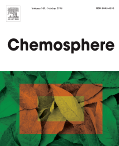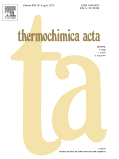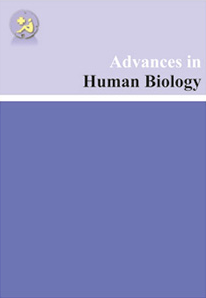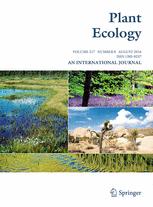 A researcher has retracted two 2016 papers after discovering problems with the data that negated the findings — and after one of his three listed affiliations denied the research was conducted there.
A researcher has retracted two 2016 papers after discovering problems with the data that negated the findings — and after one of his three listed affiliations denied the research was conducted there.
According to the retraction notices issued by Chemosphere, Hong-Wei Luo incorrectly claimed to be affiliated with the Oak Ridge National Laboratory (ORNL) in Tennessee in one of his three affiliations. His other institutions listed on the papers include universities in Singapore and China.
However, an official from the Nanyang Technological University (NTU) in Singapore, told us the work in the now-retracted papers was not carried out at the NTU either.
Here’s the first of the retraction notices, issued on August 8: Continue reading Where was chem research conducted? Not here, say two of three listed author affiliations
 A tribunal in the UK has
A tribunal in the UK has  Two psychology researchers are retracting a meta-analysis after discovering errors they believe may affect the conclusions.
Two psychology researchers are retracting a meta-analysis after discovering errors they believe may affect the conclusions.





